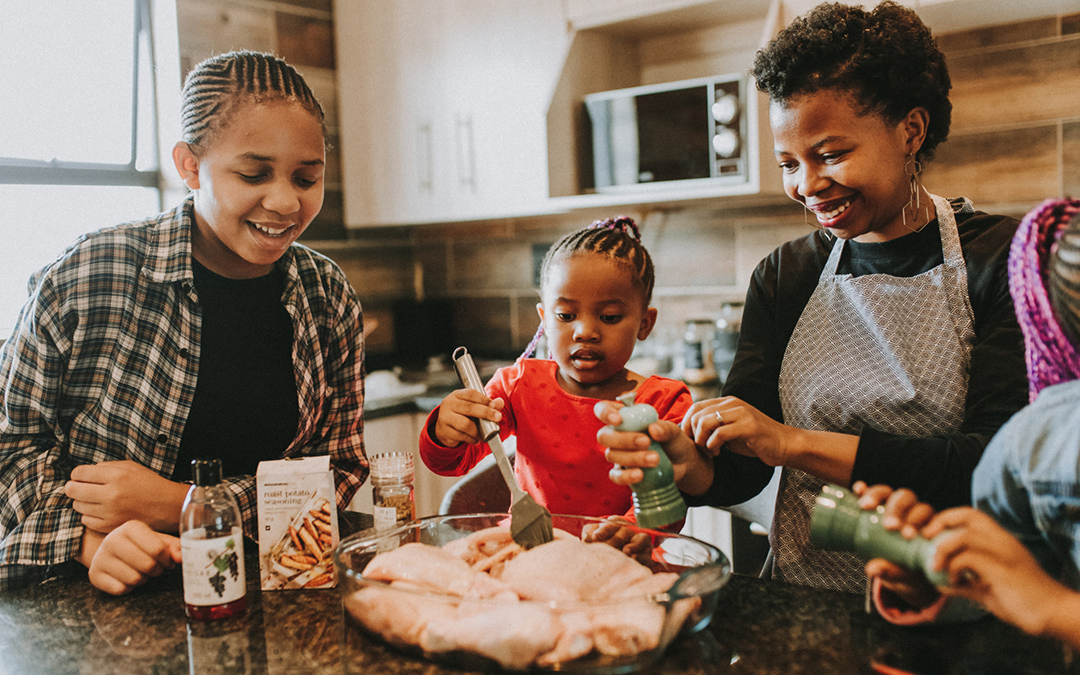Accidental poisonings among children and safe handling concerns among adults have increased as Tennesseans attempt to protect themselves and loved ones from COVID-19. National Poison Prevention Week (NPPW) raises awareness of poison risks within our homes, workplaces and environments. The Poison Help hotline is a free nationwide resource. In our region, the hotline is administered by the Tennessee Poison Center, a United Way partner agency.
Stephanie stepped into the kitchen after hearing her two-year-old and four-year-old children shaking a pill bottle. She found them with a bottle of melatonin pills spilled on the floor; some of the pills were wet. Stephanie called the Poison Help hotline right away as her kids admitted to swallowing the pills.
Dr. Kumar picked up the call, and Stephanie was relieved to speak with someone that could help her children with the potential side effects from ingesting melatonin.
Dr. Kumar is a physician and Certified Specialist in Poison Information (CSPI) at the Tennessee Poison Center. She asked Stephanie a series of questions and directed the mom to estimate how many pills were missing from the bottle.
“Parents are sometimes frantic when they call the Poison Help hotline, so part of our job is getting them to slow down, breathe and relay the information we need to help their loved ones,” Dr. Kumar explained.
Each piece of information helped Dr. Kumar gauge whether the children required medical attention. She provided Stephanie with step-by-step first aid instructions and advised her to watch for changes in her children’s behaviors.
Children are at the greatest risk of poisoning due to their stature and weight. Young children are fast, curious and often mimic teen and adult behaviors. Curiosity increases their chances of exposure to hazardous chemicals like medicines, hand sanitizers, bleach and all-purpose cleaners.
“Poison Control Centers across the U.S. answer thousands of calls regarding questions and adverse reactions after exposure to these products,” explains Brittaney Jenkins, Director of Community Outreach at the Tennessee Poison Center. “Common symptoms include difficulty breathing, vomiting and, in severe cases, death.”
The Poison Help hotline is available to more than 6.8 million Tennessee residents and healthcare professionals. Each day, the hotline prevents poisonings, minimizes poisoning complications, and reduces the number of poison-related deaths. In 2020, the Tennessee Poison Center saved Middle Tennessee taxpayers an estimated $3.3 million by helping families avoid emergency department visits. This is especially important for underinsured individuals.
Poison specialists like Dr. Kumar empower parents during emergencies, providing them with the expertise and supervision they need to overcome crisis at home and protect children’s health.
The Poison Help hotline (1-800-222-1222) is available 24 hours a day, seven days a week. Visit tnpoisoncenter.org for prevention tips and materials.
*Fictional names used to protect family’s privacy.

